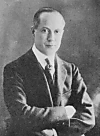Beau Ideal (1931)
January 25, 1931Release Date
Beau Ideal (1931)
January 25, 1931Release Date

Plot.
Where to Watch.
 Ads
Ads Rent
Rent Free
FreeCurrently Beau Ideal is available for streaming online, rent, buy or watch for free on: Tubi TV, Amazon Video, Public Domain Movies
Streaming in:🇺🇸 United States

Cast & Crew.

Ralph Forbes
John Geste

Loretta Young
Isobel Brandon

Irene Rich
Lady Brandon
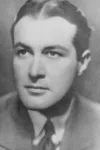
Lester Vail
Otis Madison

Frank McCormick
Carl Neyer

Otto Matieson
Jacob Levine

Don Alvarado
Ramon Gonzales
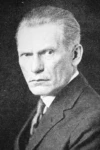
Bernard Siegel
Ivan Badinoff

Myrtle Stedman
Mrs. Frank Madison

John St. Polis
Judge Advocate (as John M. St. Polis)

Joe De Stefani
Prosecuting Attorney (as Joseph De Stefani)

Paul McAllister
Sergeant Frederic
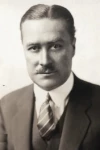
Hale Hamilton
Major LeBaudy

George Regas
The Emir

Leni Stengel
Zuleika
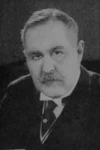
Wilfrid North
French Officer (uncredited)
Media.
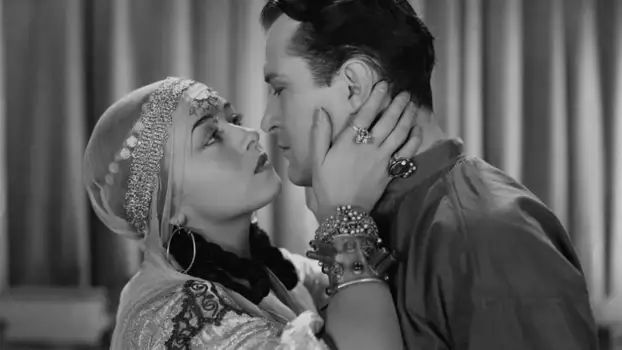
Details.
Release DateJanuary 25, 1931
StatusReleased
Running Time1h 22m
Content RatingNR
Genres
Last updated:
This Movie Is About.
Wiki.
Beau Ideal is a 1931 American pre-Code adventure film directed by Herbert Brenon and released by RKO Radio Pictures. The film was based on the 1927 adventure novel Beau Ideal by P. C. Wren, the third novel in a series of five novels based around the same characters. Brenon had directed the first in the series, Beau Geste, which was a very successful silent film in 1926. The screenplay was adapted from Wren's novel by Paul Schofield, who had also written the screenplay for the 1926 Beau Geste, with contributions from Elizabeth Meehan and Marie Halvey.
The film starred Ralph Forbes (reprising his role as John Geste from the 1926 Beau Geste), Loretta Young, and Irene Rich. The other lead, Lester Vail, was making his film debut, after he replaced Douglas Fairbanks, Jr., who had originally been selected for a principal role in the film. Exteriors were filmed on locations in Arizona and Mexico, while the interiors were filmed on the RKO lot in Hollywood, and production took approximately five weeks to film. Post production would take place in November and December 1930, before the film was released on January 16, 1931.
Unfortunately, the film was neither a critical nor financial success, losing over $300,000 for RKO. In addition, reviews for the film were mixed, with most being not kind to the film. Some modern sources also consider the film to be one of the worst produced by RKO that year. Although the film was not a success, it did introduce two technological advancements to film: the concentrator microphone and the Dunning process.
You May Also Like.

L.E.T.H.A.L. Ladies: Return to Savage Beach (1998)

Dragon Ball: Yo! Son Goku and His Friends Return!! (2008)

Return of the Living Dead Part II (1988)
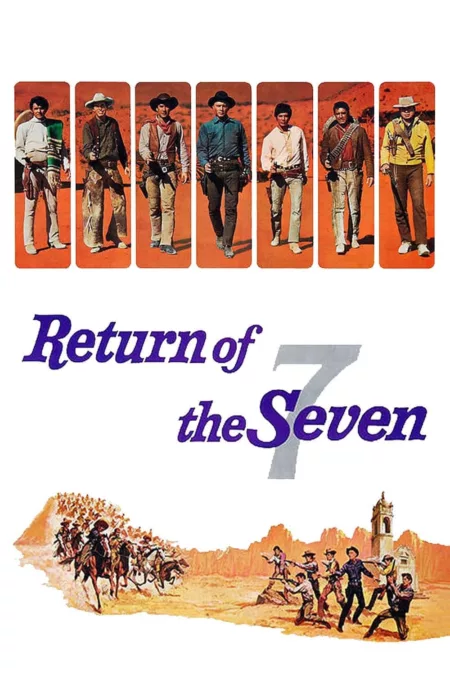
Return of the Seven (1966)

The Return of the Tall Blond Man with One Black Shoe (1974)

Fantastic Return to Oz (2019)

Kamen Rider W Returns: Kamen Rider Accel (2011)
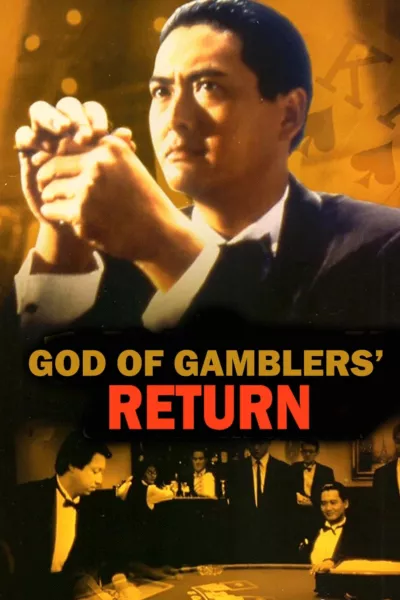
God of Gamblers' Return (1994)

Lupin the Third: Return of Pycal (2002)
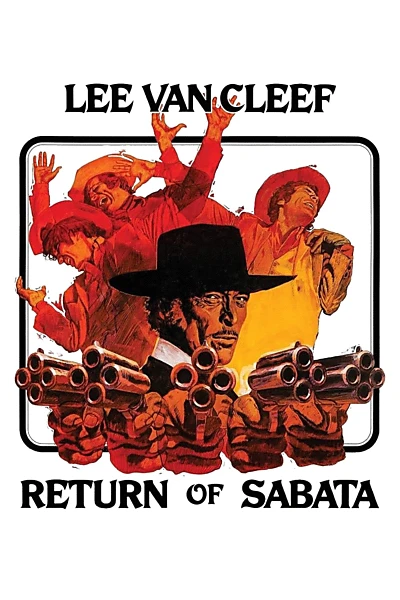
Return of Sabata (1971)

Gulliver Returns (2021)

Returner (2002)

The Return (2017)
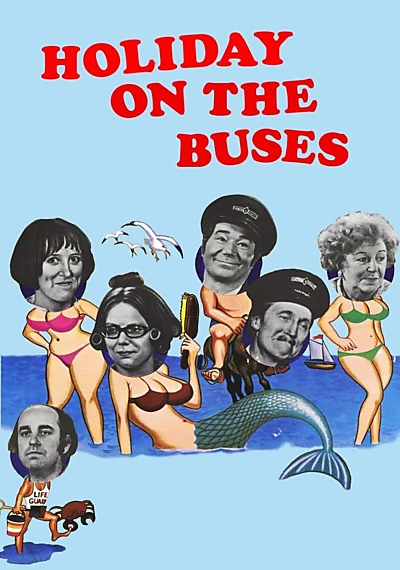
Holiday on the Buses (1973)
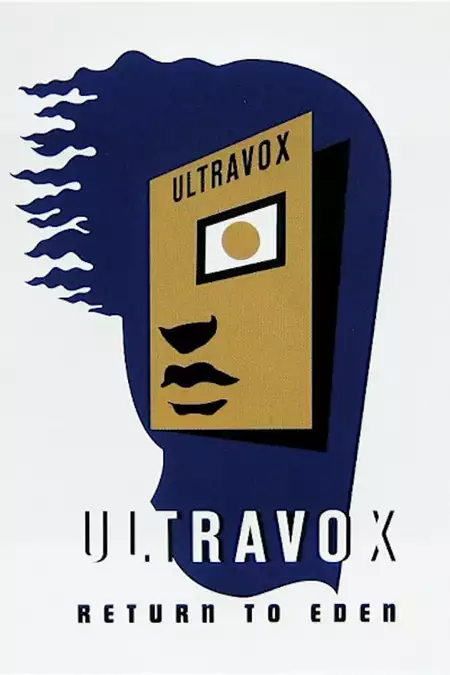
Ultravox: Return to Eden - Live at The Roundhouse (2010)

Return (2023)

Return To Earth (2023)

Hello (1999)

Hit Man Returns - David Foster & Friends (2011)







